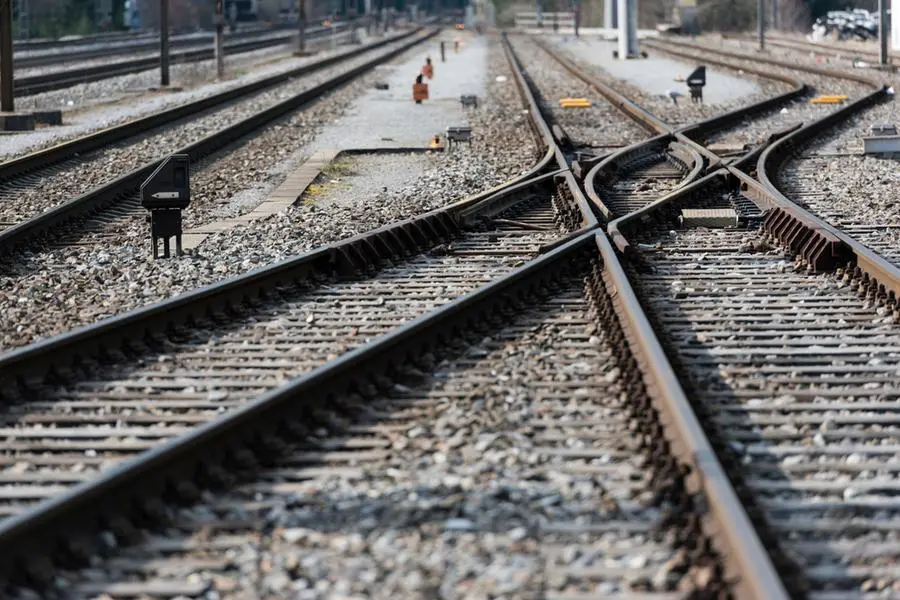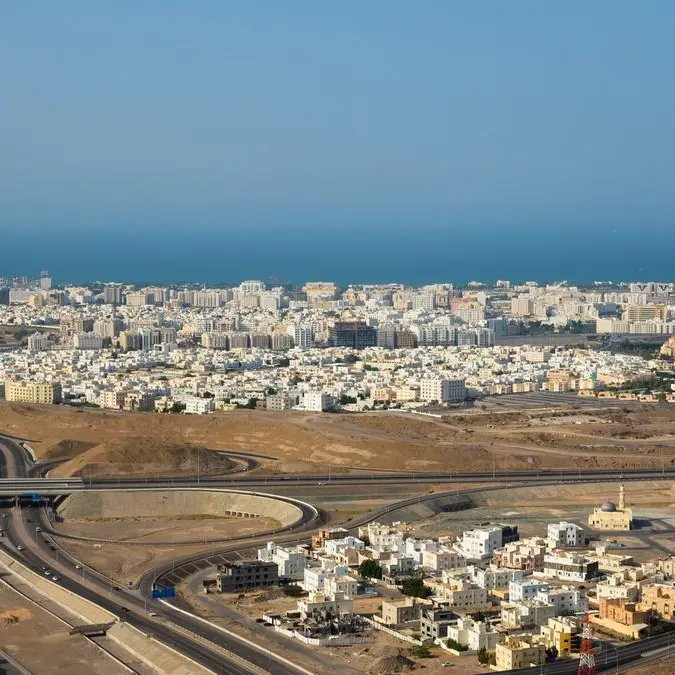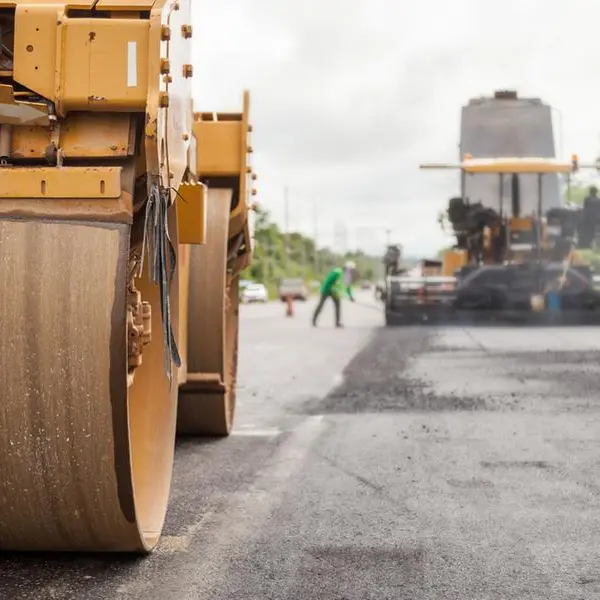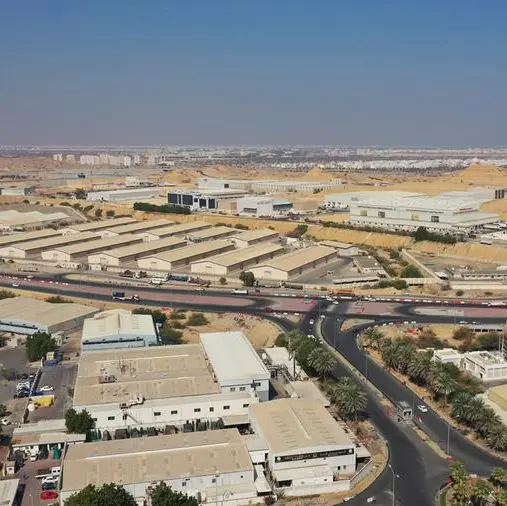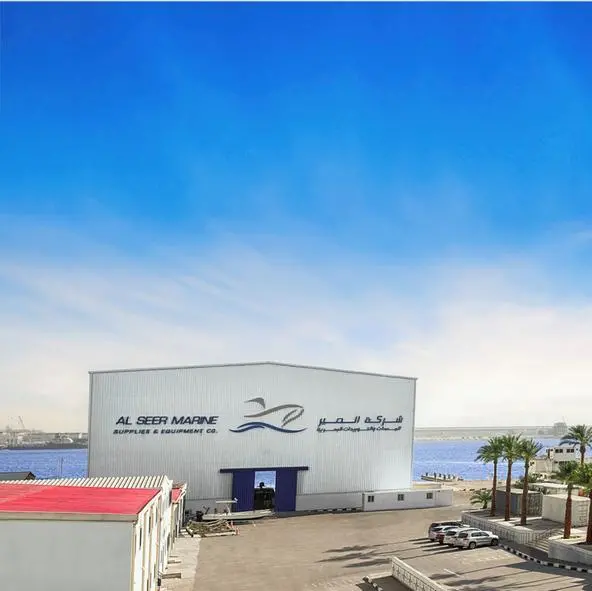PHOTO
Iraq intends to finalise rail and free trade agreements with neighboring Iran with the aim of boosting two-way trade to $25 billion, more than double the present level.
A government delegation flew to Tehran this week to put the final touches on the agreements, which involve the construction of a rail link with the border with Iran and the establishment of border free trade and industrial zones.
The delegation was headed by Hazim Al-Khalidi, an adviser to Iraqi Prime Minister Mohammed Al-Sudani, and the talks focused on trade exchange besides Iran’s gas and power supplies that have largely receded and created havoc in Iraq’s power system.
Al-Khalidi, quoted by Iraq’s media on Tuesday, said Baghdad wants to expand trade with sanctions-hit Iran but he did not make clear if this will include gas and electricity.
Al-Khalidi said trade exchange between Iraq and Iran stood at around $11 billion in 2024, nearly 15 percent of Iraq’s total non-oil trade of about $70 billion.
“This figure can increase to around $25 billion once agreements are finalized on the establishment of border markets, joint economic zones and industrial cities,” he said.
Iran’s Minister of Economic Affairs and Finance Abdolnaser Hemmati said Tehran is willing to bolster existing accords and push ahead with the planned rail link and the planned joint industrial and trade zones.
He noted that Iran’s main exports to Iraq include gas, food products, construction materials, manufactured products and petrochemicals.
In late 2023, Al-Sudani and Iranian Vice President Mohammed Mokhber laid the foundation stone for the rail that will link the Southern Iraq port of Basra and the Iranian border town of Shalamcheh.
Iraqi government spokesman Bassim Al-Awadi said last year the project would “largely boost trade and projects, support Iraq’s economic infrastructure and make Iraq more capable to collaborate with its neighbors.”
The 36-km railway will have a capacity to transport three million passengers per year and will serve the planned border trade and industrial zones, officials have said.
The two neighbours also agreed in 2024 to build two joint border free zones with the aim of promoting industrial projects and investments.
(Writing by Nadim Kawach; Editing by Anoop Menon)
Subscribe to our Projects' PULSE newsletter that brings you trustworthy news, updates and insights on project activities, developments, and partnerships across sectors in the Middle East and Africa.
